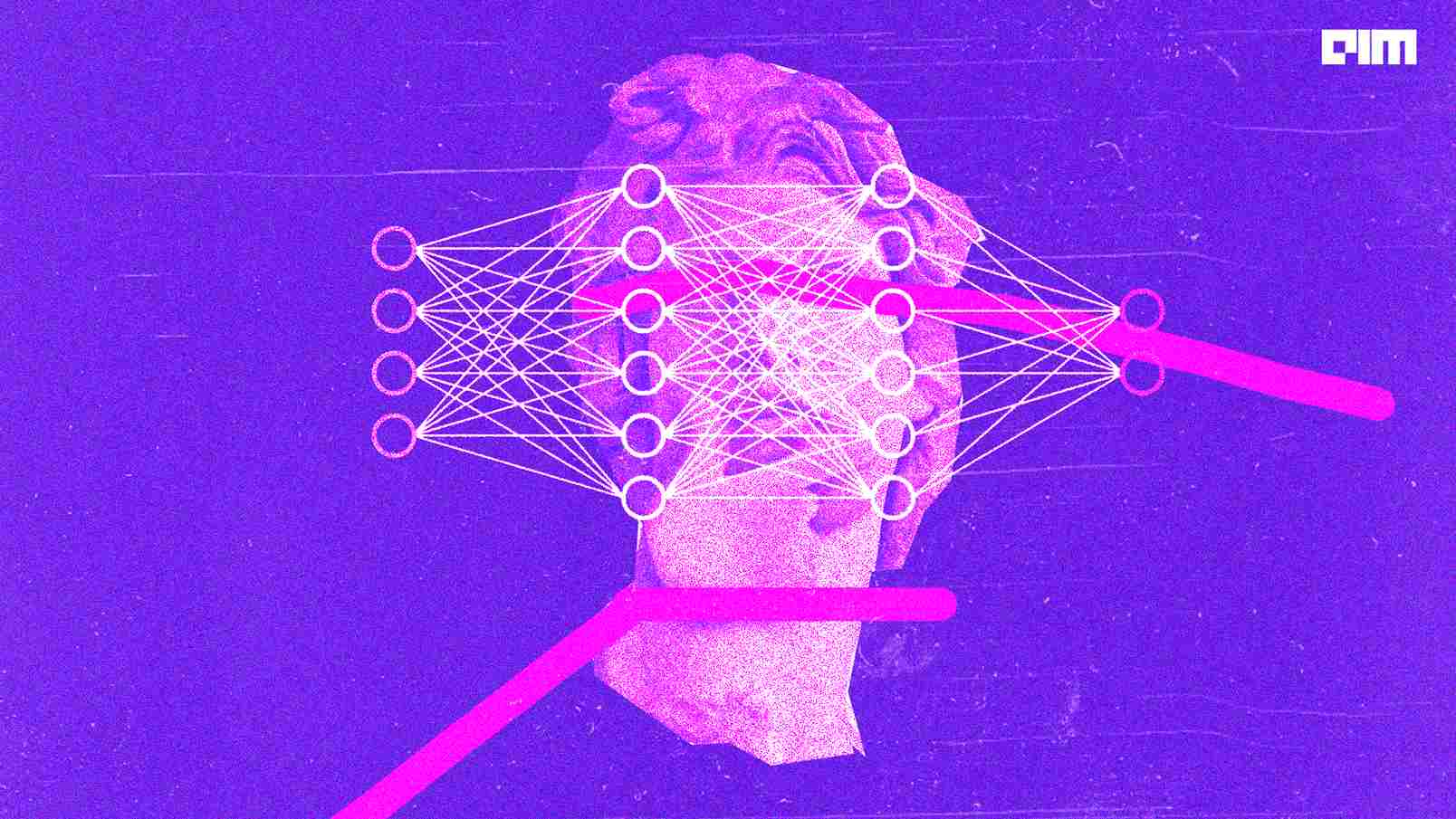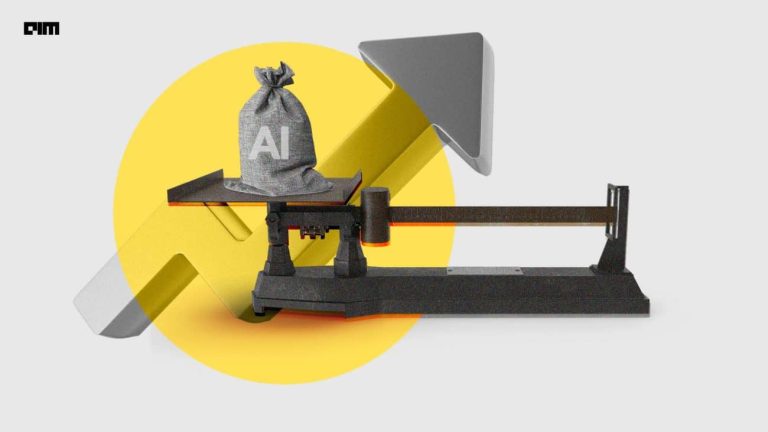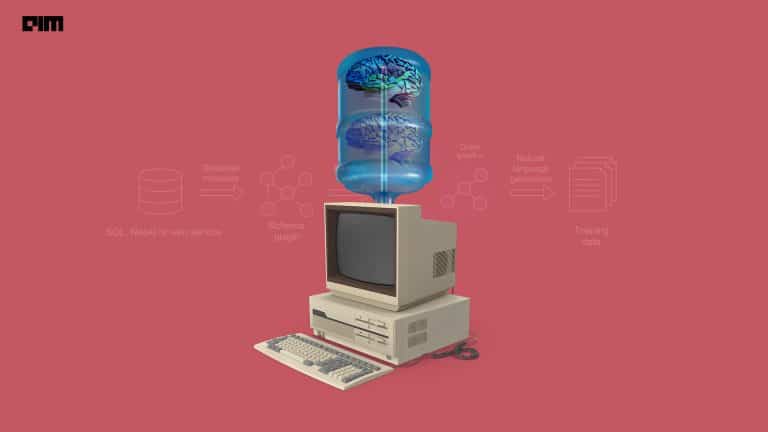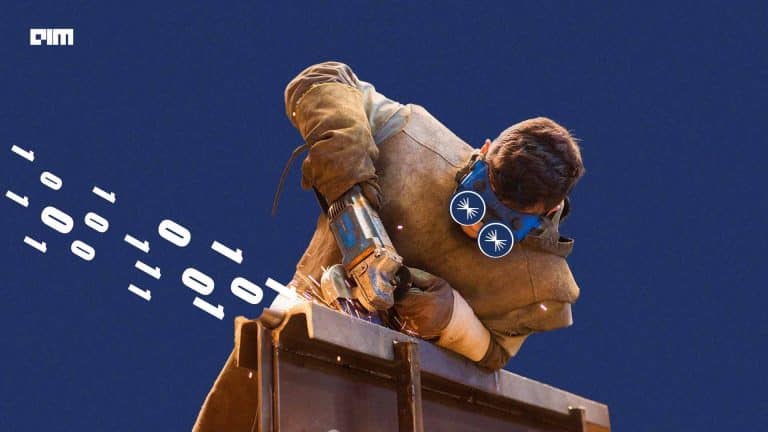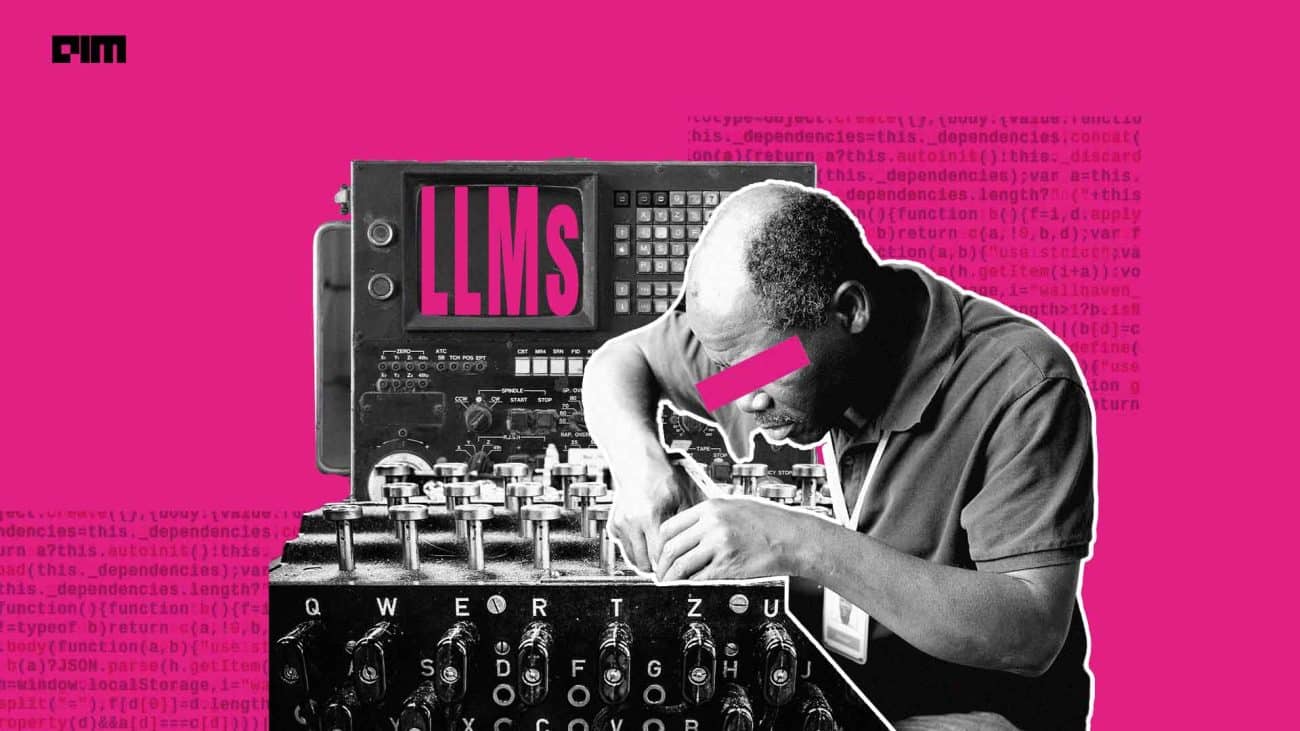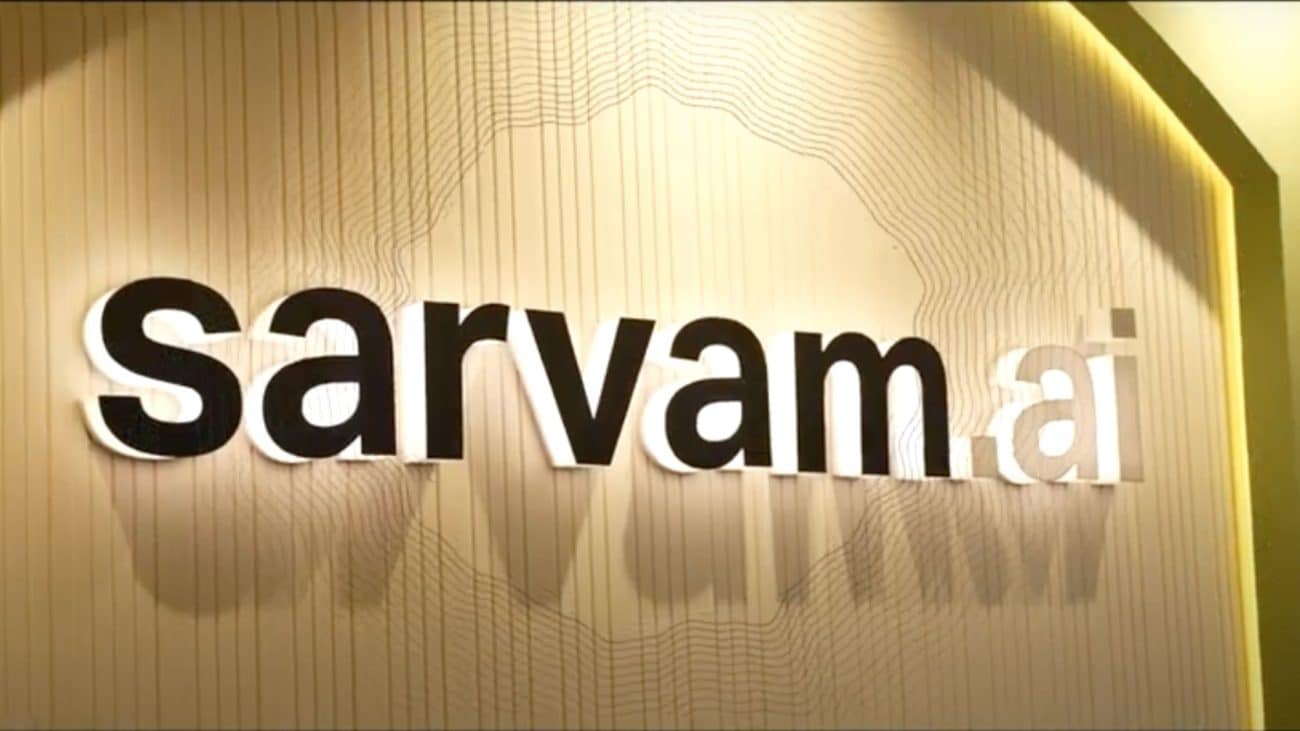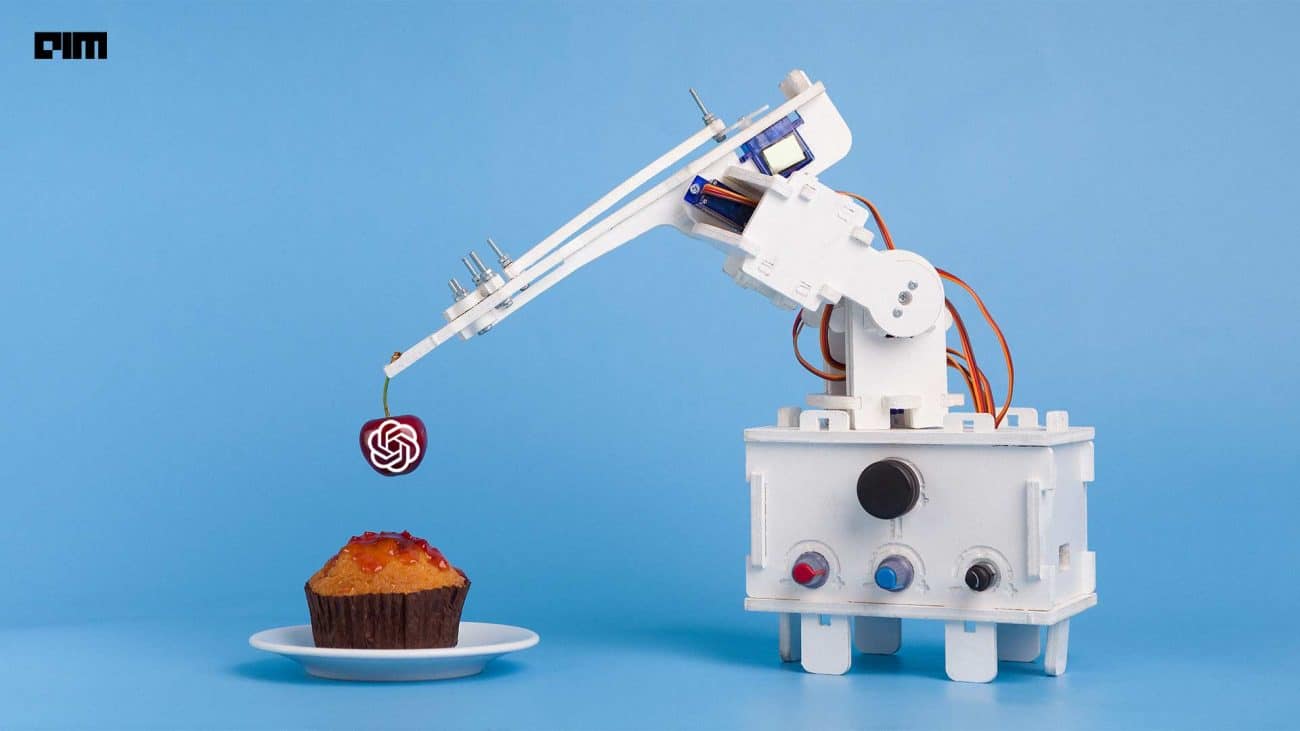Tech giant Google attained a monopoly in the world of search engines when it launched Rankbrain in 2015, bringing a revolution in keyword-based search. With Google’s enhanced keyword search algorithm, it could process 15% of the queries that could not be identified due to the presence of context. Since then, the global market for search engines has become lopsided as Google maintains a whopping 90% market share. With the integration of BERT, a NLP based AI model, studies show that it has a market share of 91.9% as of January 2022.
Figure: Graph representing Search engine market share over 7 years by statcounter.com
The introduction of neural networks has changed the world of search with its capability of going beyond keywords using deep learning. In this age of search revolution, the term neural search is becoming a prominent topic.
What is neural IR search?
A neural IR search or Semantic search is an AI-based information retrieval engine that uses pre-trained neural networks to understand the input given by a user and provide accurate results. Neural search goes beyond the conventional keyword search as it has the capability to analyse text, images, sound, etc. Known for its proficiency in analysing unstructured data, the neural search understands the deeper semantic meaning between words or packets of data.
The process
The process of a neural search can be explained in the form of two workflows:
- Index flow: In this process, the AI model stores datasets in the form of searchable indexes with the help of an encoder neural network. This reduces the search time and helps the AI model enhance accuracy.
Figure: Indexing workflow from towardsai.net
- Query Flow: In this process, the user inputs his query in the form of a document. The AI then uses neural networks to identify the query and then comes up with a list of results based on a similarity score within the input embeddings by using a matching algorithm.
Figure: Querying workflow from towardsai.net
This process showcases its true impact on search engines as it is able to provide multi-format results to multi-format queries.
Neural search better than keyword search?
While keyword search relies on a single mode of content that is text, neural search has made it obsolete with its multi-modality. Given below are a few forms of comparison between the two concepts:
- Accuracy – While keyword search is based on specific keywords, semantic search goes beyond and identifies the context and relation between words. This provides a better understanding of the user’s query and galvanises into more accurate results.
- Multiple formats – Keyword search method works only on text. Neural search can work with text as well as image, sound, document, etc.
- Human error – Semantic search goes further than traditional keyword search as it identifies misspellings by looking at the context of the entire nearby words and giving the desired result despite incorrect input.
Impact of neural search
Neural search has gained popularity since its implementation in information retrieval, also known as search. With brands realising that semantic search is the future, leaders like Google, Bing, Baidu, etc., started integrating AI to enhance their capabilities.
Google introduced Bidirectional Encoder Representations from Transformers (BERT) in 2018. This AI model uses a transformer-based natural language processing (NLP) algorithm to integrate deep learning through neural networks. Microsoft’s Bing.com uses its own AI model called a “sparse” neural network. This model complements existing Transformer-based networks like the GPT-3 from OpenAI.
Chinese search engine giant Baidu.inc is based on the open AI platform called ‘Baidu Brain 7.0’. With this model, Baidu provides various services like mapping, voice assistant, online encyclopedia, etc. Baidu continues to maintain a monopoly on search engines in the Chinese market. However, Baidu’s global market share remains 1.14%, as per reports in January 2022.
Startups using neural search
With the emergence of neural search, AI startups are coming up with various versions of search engines that are capable of a variety of input methods.
Berlin-based AI startup Jina.ai has an open-source AI tool that uses neural networks to parse through unstructured data for desired results. The company recently made headlines by raising $30M Series A funding by Canaan Partners for its platform.
A San Francisco based AI startup Search.io uses vector search in conjunction with neural hashes to create a proprietary model that delivers fast and accurate search results.
Indian startup Skit.ai, formerly known as vernacular.ai, uses an AI model that turns information retrieval into an interactive conversation using NLP.
Although major companies continue to integrate neural networks in their algorithm, neural search is not implemented to its full potential as it requires immense computational power to parse such vast volumes of data repositories. With continued development, neural search can be unleashed to its full extent and soon become a must-have in the world of search.


